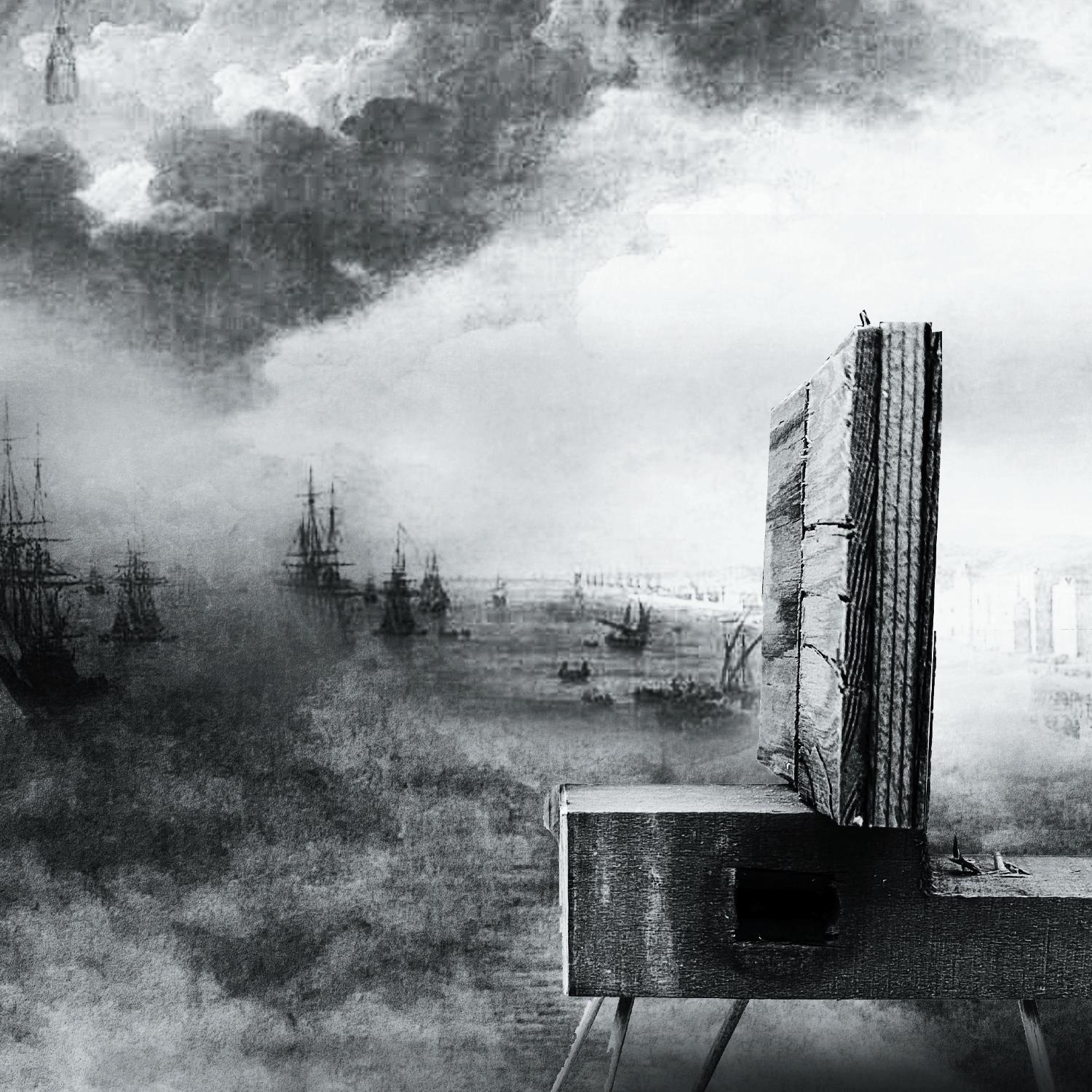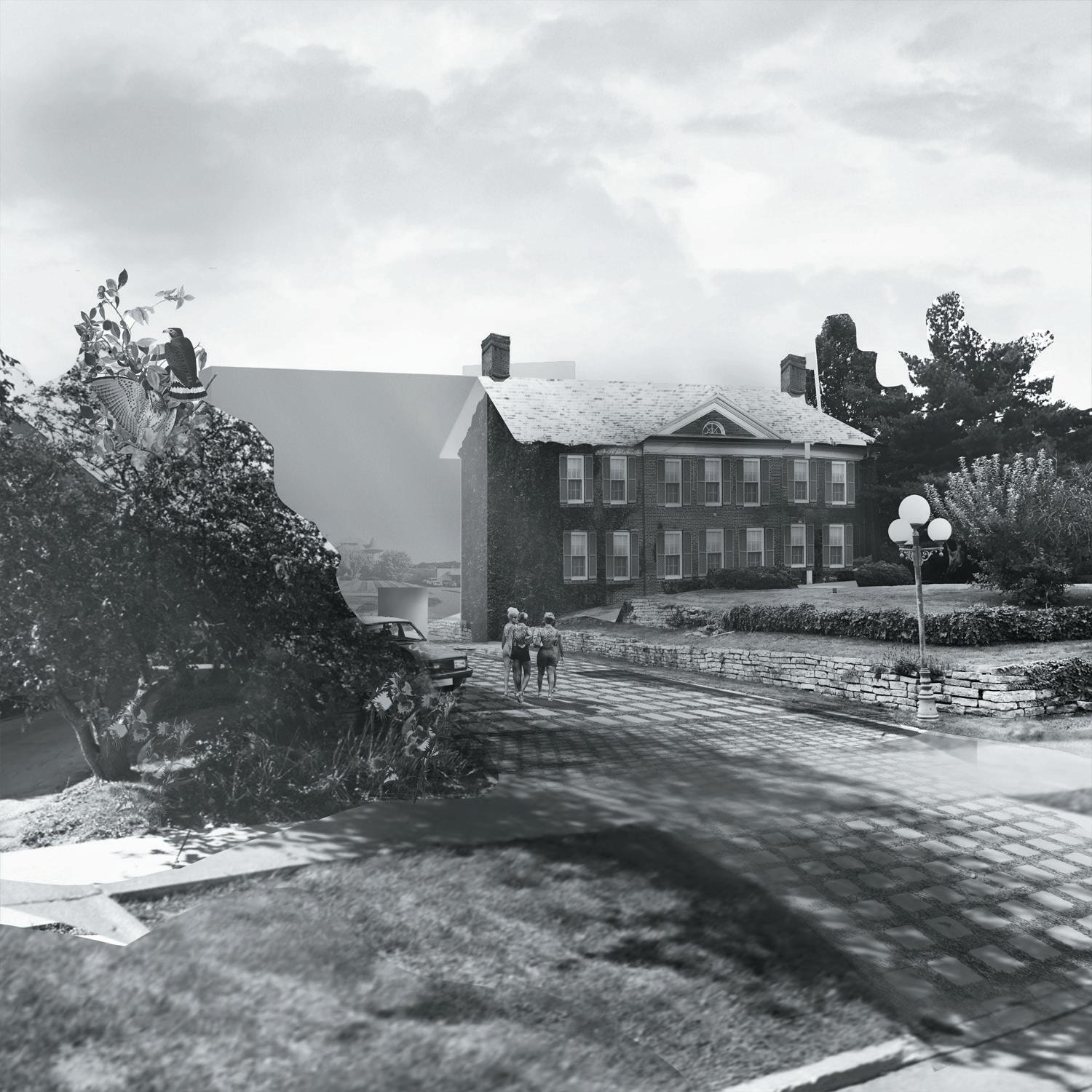donovan bunn selected works

donovan bunn
univerisity of illinois at chicago
masters of science in architecture (spring 23)
iowa state university
bachelors of architecture (b.arch)
summa cum laude





donovan bunn
univerisity of illinois at chicago
masters of science in architecture (spring 23)
iowa state university
bachelors of architecture (b.arch)
summa cum laude



lisbon, portugal
kalaher award winner
lisabona.cargo.site
a paradise built in hell fall 2020 firat erdim (isu) with cycle king
the earthquake, tsunami, and fire of 1755 in lisbon marked a significant shift in the western world. this chasm superseded the modernist’s ‘blank slate’ city planning while uncovering layers of the city’s past histories.
in rebecca solnit’s book, a paradise in hell, the communities that arise following disaster are exposed that are often show more signs of resiliency and community than one would initially think. with little record of what
actual followed disaster in lisbon, this project speculates on this period we refer to as ‘the gap’.
the project manifests itself in a meta-historical geo-fiction that imagines the apparatuses that operated during this period of radical shifts, traces of which are still evident today. by researching the histories and layers of a place, a deeper understanding was brought to the surface, an understanding that can often be overlooked. by finding stories in the gap, our perception of time was altered.


















northeast iowa
a few miles from where i grew up sit two stone houses built in the 1870s by welsh immigrants. they are hidden in the hills, where the prairie is just beginning to break apart. one of the houses, the subject in this project, was built by my great-great-great grandparents.
the back of the house is nestled into the hill and addition is proposed to help hold it back in order to better preserve the original while also allowing for spaces that are desired in a new age. the rooms, old and new, are positioned around a central hall, recalling castles from the ‘homeland’. the hall is used to add space to smaller rooms as needed and is transformed as occupants from room to room. i can only hope it stands another 150 years.


















new york city, new york
nyc is the fashion capital of the world, yet, it lives an exclusive life in the city. events like fashion week demonstrate the surveilled and privatized nature of new york.
positioned next to the highline, the project offers an optional path into a series of runways. the relation to the highline paradoxically turns it into a runway, offering an intimate look into the fashion world of the everyday. the chelsea galleries below blur fashion into art, and in turn challenges the private / public relationship of real estate in nyc.
the project is divided into third: public runways/ galleries, university with offices and classrooms, and housing for students. thereby positioning a new type of occupant on the highline.







des moines, iowa
lives are consumed in loops. a symptom of capitalism, lives are quantified by efficiencies, this thinking seeping into architecture. these loops become ever tighter, idolized in closed circles that are, for example, seen as solutions to sustainability. the schism between building/ nature could not be more apparent.
a former publishing house becomes apartments for people living with autism spectrum disorder, a data center, and a gallery. concerned with aspects of historic preservation, the living building challenge, and regenerative design, a new hybrid architecture emerges where all programs must work together in roughly 40,000 sf.
this project investigates loops as a way to explore the inherent interconnectedness of things, asking, how can loops break?









days, months, years each separate cycling endlessly life in loops systems idiolized tighter enclosures out is never in everywhere, materials linked growing and decaying break loops loops break decaying and growing linke materials everywhere in never is out enclosures tighter idolized systems loops in life endlessly cycling separate each, years, months, days












chicago, illinois
year end show nominee
before there was the art institute there was the exposition hall, before the exposition hall was the lake…
the museum is a place of accumulation, always adding to the collection or to the building itself. every alteration and insertion has been unable to recognize the art institute’s position in the city, let alone allowing for logical circulation between what is existing and what is new. there is always a desire for curation, to divide and place objects by time period, style, origin, etc. in effort to make the hoard understandable. the museum is stuck, unable to adapt, unable to recognize the complexities it exists within. we must take the museum apart.
a museum of ruin, or a museum of a museum, attempts to recall histories that have been distorted or covered up. a new structure
representation studio sam jacob (uic)overhead performs an archeological dig, offering protection while dissecting out individual objects. past, present, and future are brought unto an even plane. this can be seen clearly in the reflecting pool, which recalls the former boundary of the lake while it’s shape imagines piano’s modern wing exists by taking the shape of the canopy. the building acts as a mediator between alternate universes.
the railroad tracks in the middle of the site are now activated. the structure is part train hall as large openings in the floor watch trains and people come and go. as the accumulation of objects continues, the immediate relationship to the tracks allows the museum to become off-site, creating the possibility of a network of museums, connected to others as they too become ruin.















